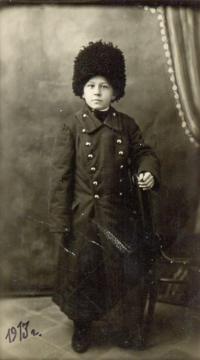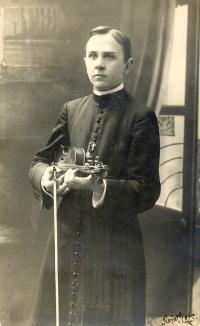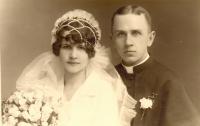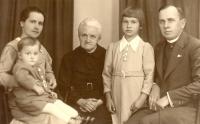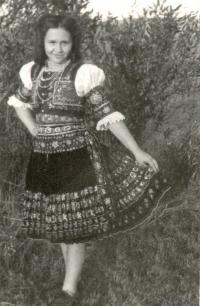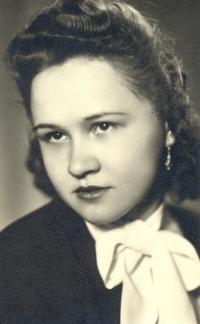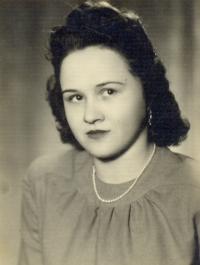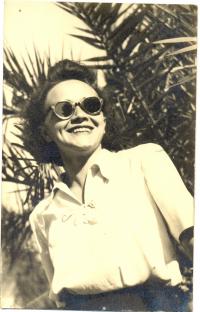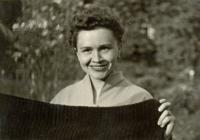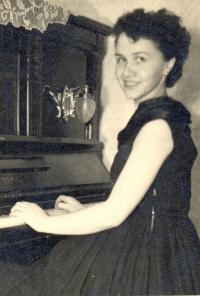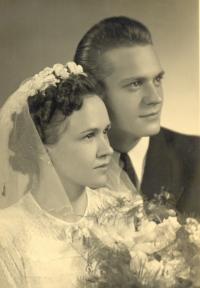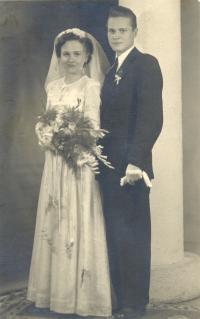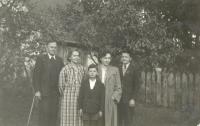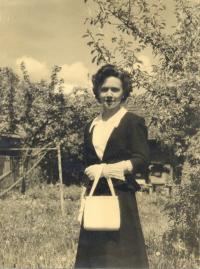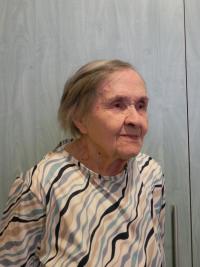Trying to live and act well, not to harm anyone
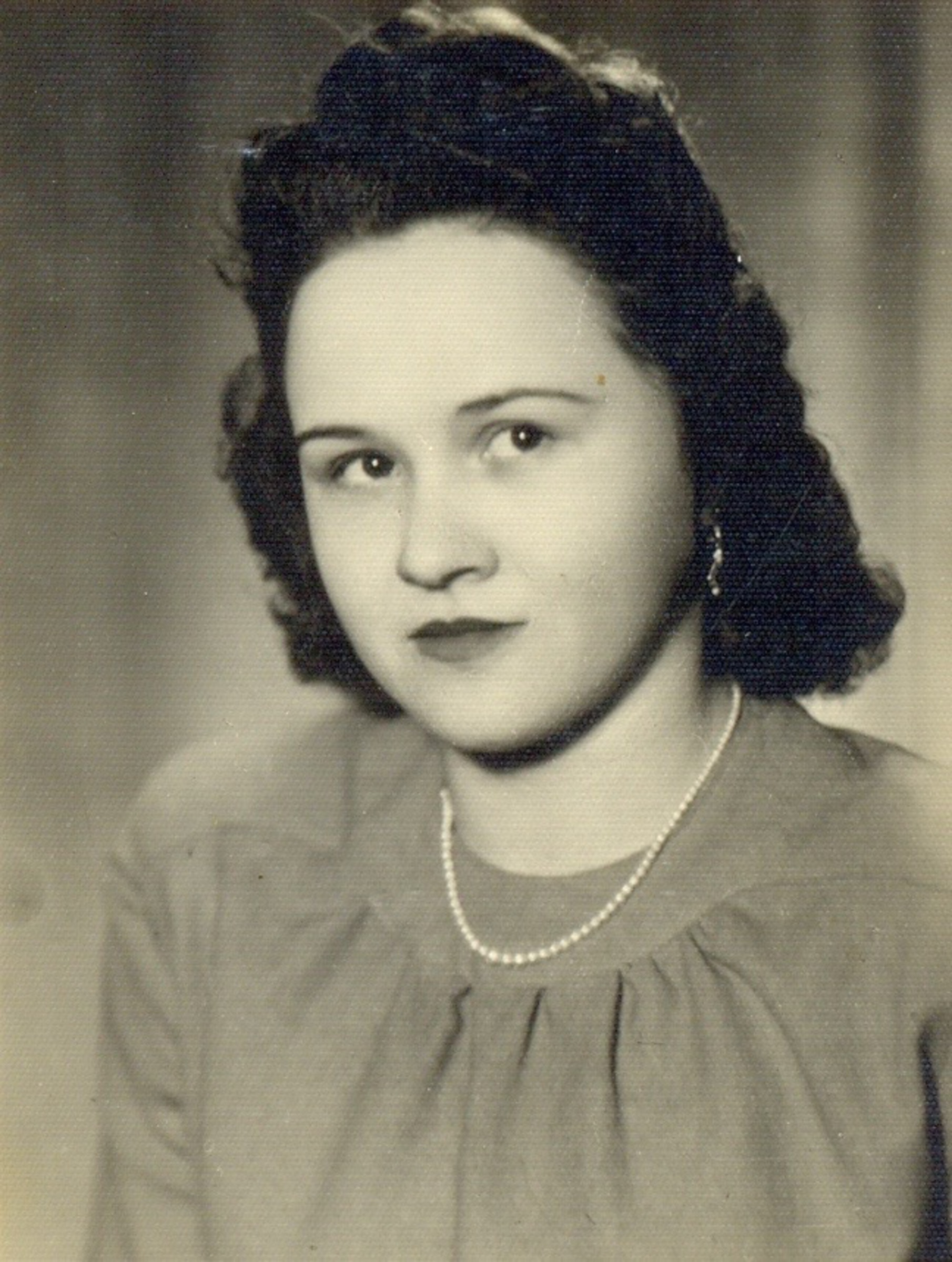
Stáhnout obrázek
Angela Bajnoková was born on October 29, 1928 in the village of Valaškovce in Humenné district. Her father Roman Jankevič, native of Vilnius, worked there as a local Greek Catholic priest. Due to her father‘s occupation, Angela as a child had to move for several times. The first six years she spent in her native village, but later she lived in Humenné and Kobylnice. During the Second World War she studied and lived at the dormitory in Prešov, where only few hours separated her from being an eyewitness of the city bombing on December 20, 1944. For a while she was evacuated with her family in Sása at Central Slovakia. After the war they moved to Turiec region and lived in Príbovce and Kláštor pod Znievom. There Angela finished her grammar school studies and met her future husband Jozef. She worked at the Ministry of Education in Bratislava and at the Regional National Committee in Žilina. In 1950 she got married and shortly after, their two children were born. At the same year was her father after the communist „Operation P“ suspended from his priesthood and became a civilian worker. He was a tractor driver, when in 1951 during his work shift a co-worker attacked him. Roman Jankevič died after the tractor accident. Until today, the cause of his death remained uninvestigated. Later on, Angela worked as a wages clerk in J. V. Stalin Factory in Martin and after moving to Banská Bystrica, she was employed also at the local Faculty of Education. In the mid 1980s she retired and in 2000 her husband died. Until present, Angela Bajnoková lives in Banská Bystrica.
